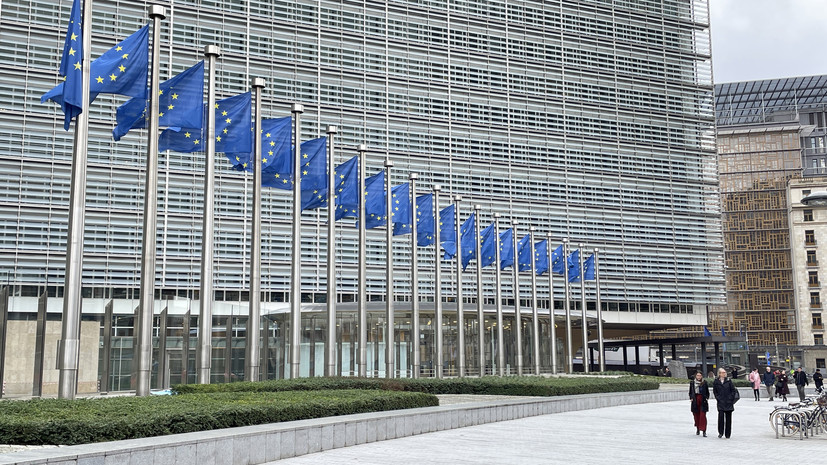According to McGuinness, since the beginning of the NWO in Ukraine, the EU, together with its partners, allegedly acted as a united front, deciding to impose “tough sanctions” against Russia.
“Sanctions have been carefully refined to cause significant damage to the Russian government’s ability to finance hostilities while minimizing the impact on European citizens and businesses,” the commissioner said in response to an inquiry from French MEP Jordan Bardella about the impact of anti-Russian measures on the European economy.
Meanwhile, McGuinness expressed the opinion that it is Russia’s “aggression” against Ukraine that “affects the global economy and increases global inflationary pressure,” and not the sanctions imposed by many countries, including European ones.
Also, the European Commissioner, referring to unnamed observers, noted that a recession had allegedly begun in Russia, which would last in the future.
“It will be followed by long-term negative consequences for the economic growth potential.
In Russia, they also expect that over the next few years the country will face a budget deficit, ”concluded McGuinness.
Doctor of Economics, Professor at the Financial University under the Government of Russia Lelya Pashtova, in an interview with RT, expressed the opinion that Europe had not coped with the task of protecting its own citizens, including entrepreneurs, from anti-Russian sanctions.
“Inflation is going through the roof in European countries today.
In the leading economies of Europe in 2022, inflation was the highest since 1951.
This is primarily due to the gas crisis, which affected the industry.
The refusal of the EU countries to buy gas from Russia in the usual volume led to an increase in energy prices.
Since the spring of 2022, energy austerity has been introduced across Europe, many manufacturing companies have been forced to close.
Also, prices continued to rise in the EU for almost the entire last year, inflation in the eurozone rose from 10.9% in September to 11.5% in October,” she specified.
According to the expert, the effect of restrictions on the Russian economy is also noticeable, however, the measures that were taken by the authorities in 2022 made it possible to mitigate the impact of the sanctions.
“New production facilities are opening in Russia, the unemployment rate is not rising, the government has set a course for the restoration of industry, the development of technological sovereignty.
I hold a similar opinion regarding the risks of a budget deficit.
I think that in this regard, 2022 was the most difficult year, and in 2023 the situation will begin to normalize.
Russia has potential, and rather big one, it just needs to be redirected to the domestic economy,” Pashtova concluded.
In December, the Russian Permanent Mission to the EU stated that the anti-Russian restrictive measures led by the European Union were illegitimate.

